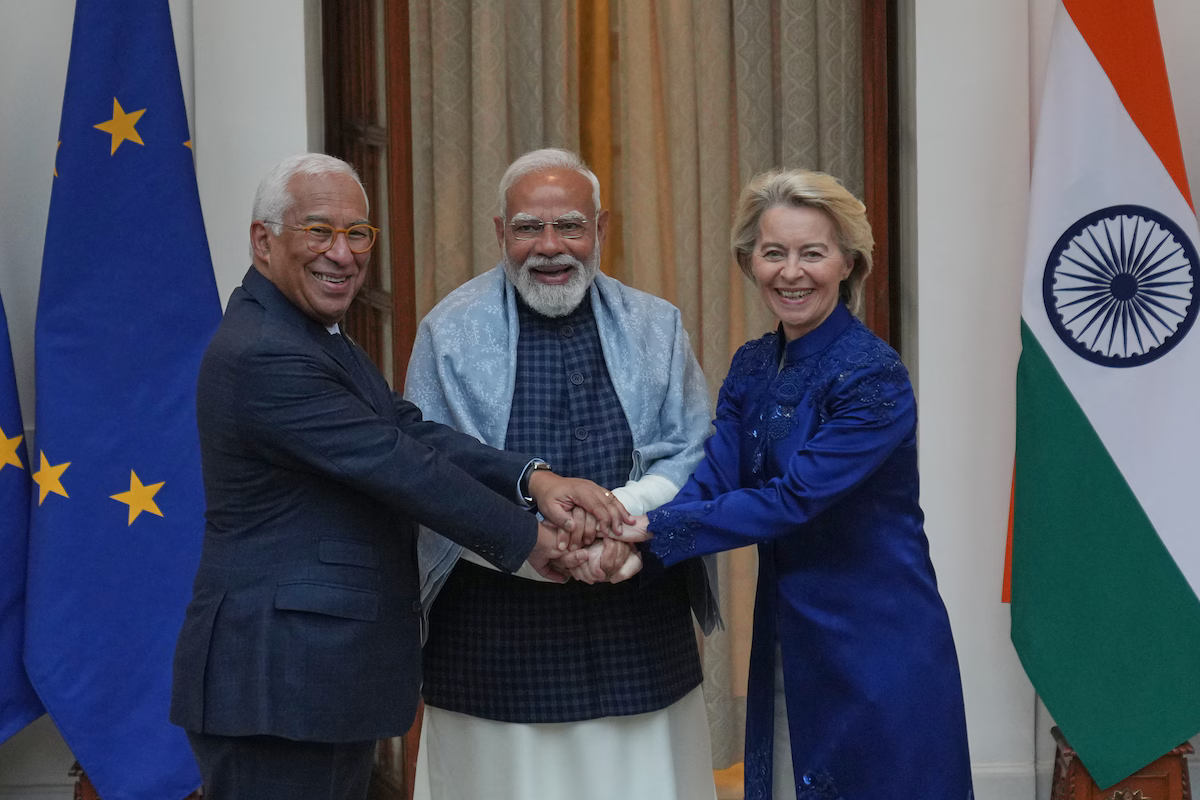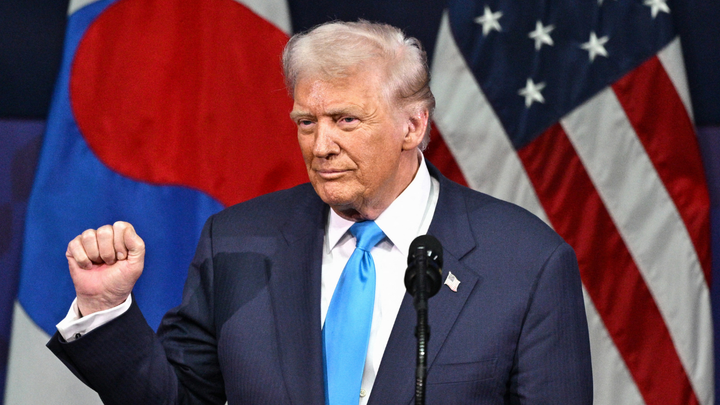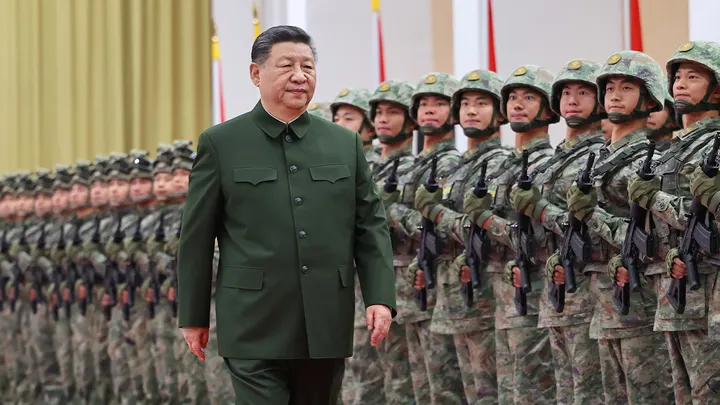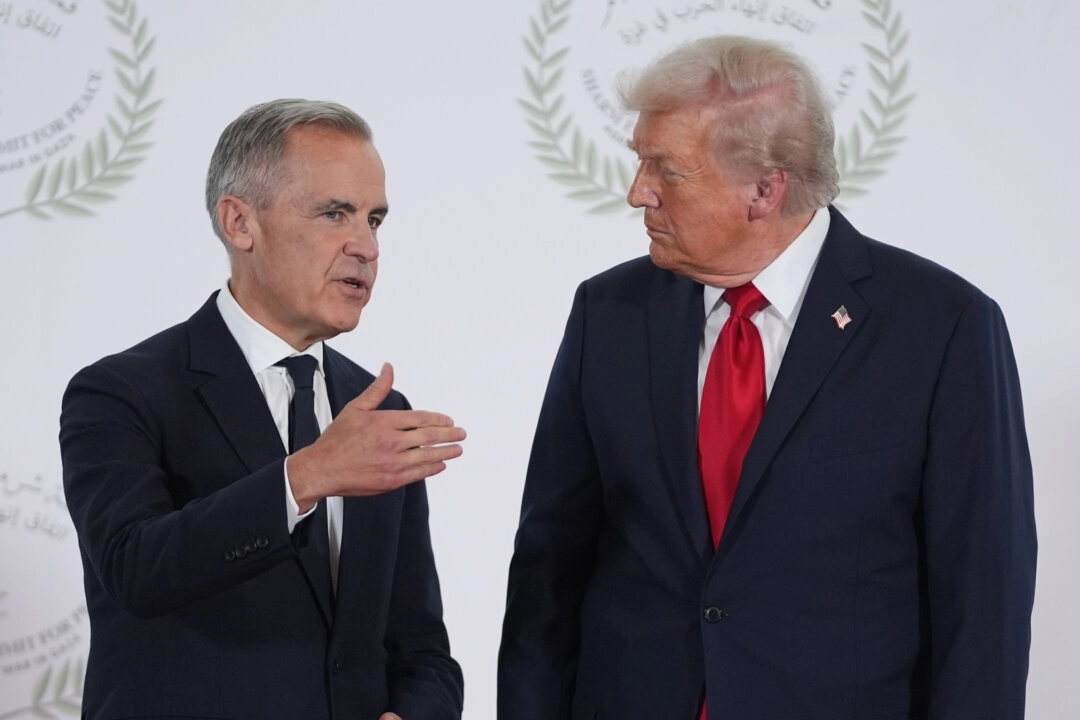On May 30, 2025, federal grand juries in Milwaukee, Wisconsin, and Los Angeles, California, charged John Miller, a 63-year-old British national and permanent US resident from Tunbridge Wells, and Cui Guanghai, a 43-year-old Chinese national, with being involved in a complex scheme to smuggle sensitive US military technology to China. The charges are serious as they imply a significant threat to national security: violations of the Arms Export Control Act, smuggling, conspiracy, and stalking across state lines. If Miller is found guilty, he could spend up to 40 years in federal prison; the Arms Export Control Act violation alone could get him 20 years. After Serbia arrested both men, they now are going through the process of being sent back to the United States to stand trial.
Accusers allege that there was a planned effort to illegally obtain and send to China advanced military technologies, like missiles, air defense radar systems, drones, and cryptographic devices, which are all tightly controlled by US export laws. Court documents claim that the two used bold tactics, like talking about hiding a cryptographic device inside a blender and sending shipments through Hong Kong to avoid detection. A $10,000 deposit for the equipment is said to prove the seriousness of their intent. The indictment also includes the charge of conspiracy to stalk someone across state lines, in addition to technology smuggling. Miller and Cui are said to have targeted a Chinese dissident living in the US who was critical of Chinese President Xi Jinping. They allegedly harassed the victim by putting a tracking device on their car, puncturing their tires, and paying $36,500 to people who were later found to be working with the FBI to scare the dissident and stop their activism.
Security Concerns
The case has sent shockwaves through US law enforcement, with the Department of Justice and FBI calling it a "blatant assault on national security and democratic principles." Deputy Attorney General Todd Blanche said, "This Justice Department will not tolerate foreign repression on US soil, nor will we allow hostile nations to infiltrate or exploit our defense systems." Akil Davis from the FBI's Los Angeles field office said the same thing: "The FBI will not tolerate transnational repression targeting those in the United States who express dissenting opinions about foreign leaders." These comments show that the US is becoming more worried about China's attempts to get sensitive technologies and quiet dissidents in other countries, a practice known as transnational repression.
Missiles, radar, drones, and encryption devices are some of the most important technologies that make the US military the strongest in the world. If they were to be sent to China, it could make its military stronger, weaken US defensive systems, and change the balance of power in the world. The alleged persecution of a Chinese dissident is just as scary since it shows how spying can involve abuses of human rights. By going after a US citizen for speaking out against Xi Jinping, the defendants' alleged actions show that foreign governments can threaten anyone who disagrees with them even on US soil, which goes against the US's goals of protecting free speech and personal safety.
Legal Considerations
Miller and Cui are still being held in Serbia, where US and Serbian officials are working together to get them back to the US. The UK Foreign Office is helping Miller by talking to Serbian officials and his family. The US's pursuit of extradition shows how important it’s being treated, despite the fact that the process is complicated and involves international conventions. The penalty for the crimes are very high: up to 20 years for violating the Arms Export Control Act, 10 years for smuggling, and 5 years for conspiracy and interstate stalking. While the punishment cannot be fully predicted, past similar cases may provide a roadmap. In 2019, Tao Li, a Chinese citizen, got a 40-month term for planning to export military-grade technology. In 2022, Yanjun Xu, a Chinese intelligence official, got a 20-year prison for economic espionage. These reflect tougher penalties for people who work directly for adversarial governments.
Alleged intermediaries like Miller usually receive sentences of 3 to 5 years, but the fact that he was involved in both smuggling technology and repressing people across borders might make the punishments more drastic. The US has stepped up its efforts to prevent these kinds of things, and the Justice Department is prosecuting many people who tried to steal technology and send it to China. These actions are meant to stop both individual brokers and state-sponsored operatives from breaking US export rules or trying to stifle dissenters. They aim to show that these actions will have serious consequences.
This case shows how impactful the intersection between national security, foreign spying, and human rights is right now, when tensions between the US and China are high. The outcome of Miller and Cui's extradition and trial will undoubtedly have an effect on US policies regarding protecting technology and fighting transnational repression. The legal community will be watching as the prosecutorial process goes on, knowing that the result will likely establish a standard for how countries deal with the two problems of authoritarian overreach and technological theft. This indictment is not merely a legal battle for the United States; it is also a stand to protect its technical edge and democratic principles from outside intrusion.














Discussion